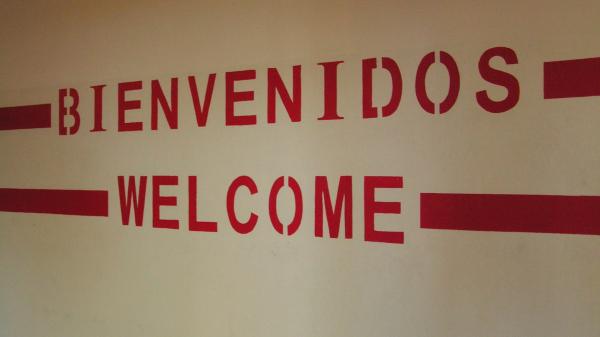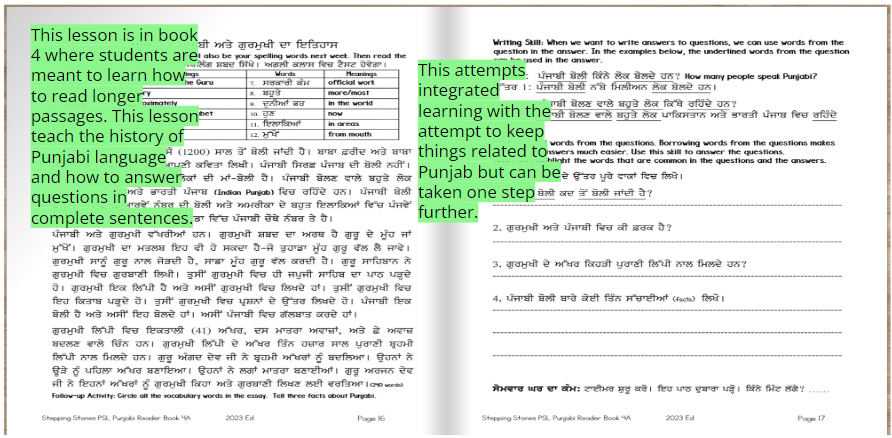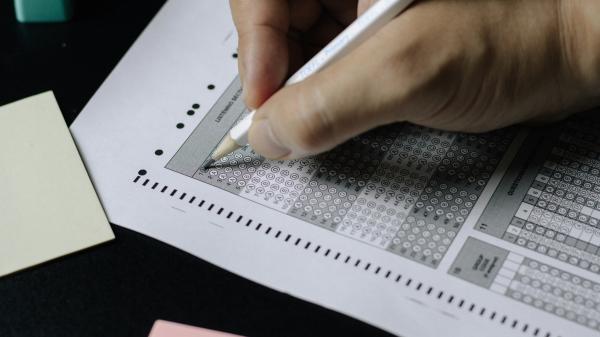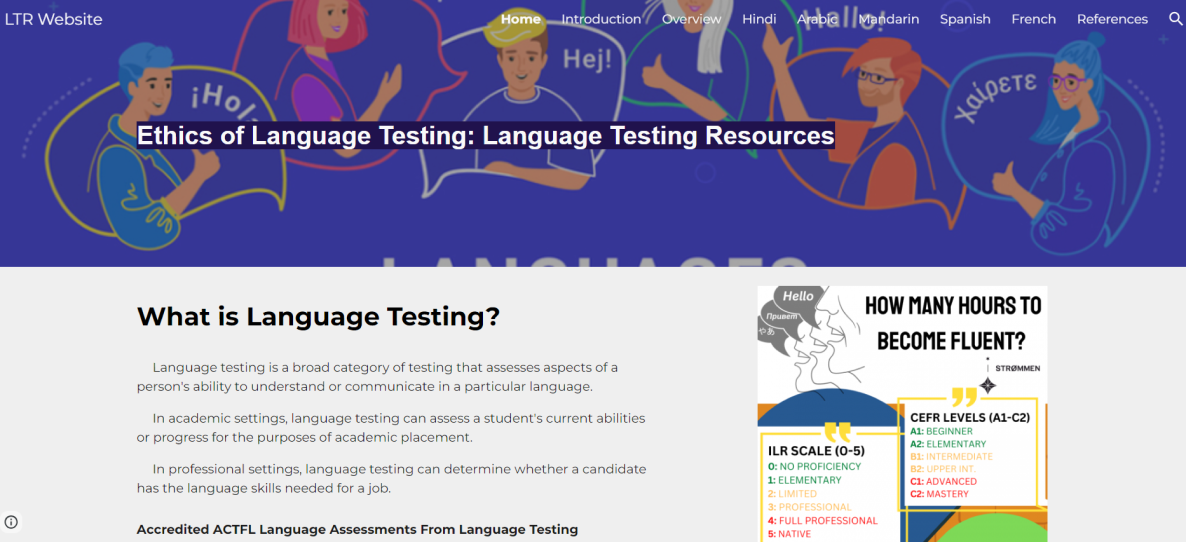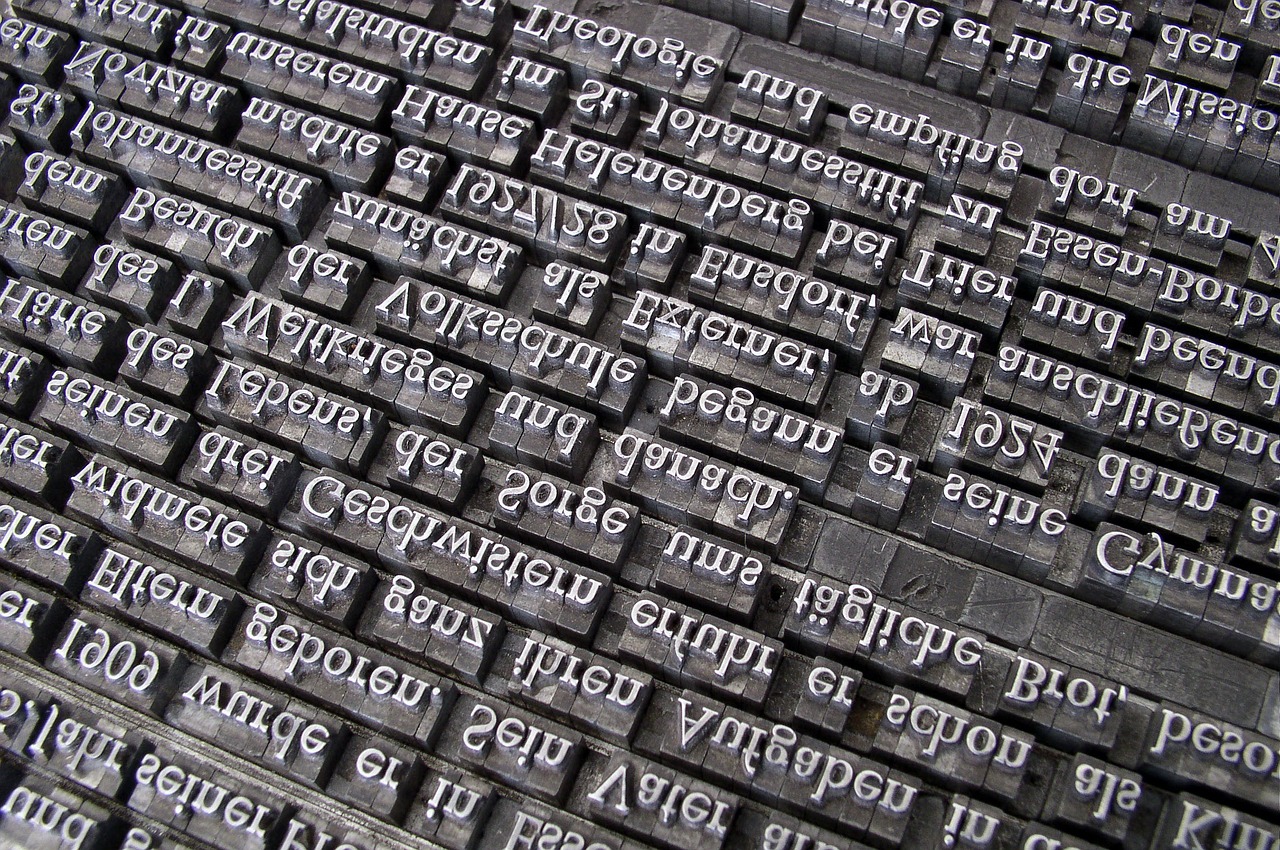
Ethics of Language Testing Impact Outcomes
Ethics of Language Testing
Students in the Ethics of Language Testing Lab partnered with Danko Sipka, professor of Slavik languages and applied linguistics from the School of International Letters and Cultures, and Audrey Beardsley, a teaching professor from Mary Lou Fulton Teachers College, to analyze the testing practices, design language assessment objects and explore opportunities for creating more reliable and equitable examinations. Associate Librarian in the Humanities Division of ASU Library, Joe Buenker, was also a key part of the instructional team.
Student Outcomes
Unlocking Linguistic Equality: Advocating for Bilingualism in Arizona
This thesis by Sophia Erramuzpe, critically examines the implications of Arizona’s English-only education policy, Proposition 203, on linguistic equality and bilingualism. Through an in-depth analysis of historical and current data, interviews with educators and parents, and a review of legislative changes, Erramuzpe advocates for the repeal of the restrictive monolingual policies and argues for the adoption of more inclusive, bilingual educational models. The thesis emphasizes the ethical concerns and negative impacts of enforcing English-only instruction, while highlighting the cognitive, cultural, and societal benefits of bilingualism. The work not only sheds light on Arizona's unique stance but also proposes future directions for research and policy to foster an educational environment that embraces linguistic diversity and multilingual education. Learn more here.
Punjabi - Niskam Seva Gurmat Academy
This project focuses on Punjabi language education and heritage. It evaluates the Global Seal of Biliteracy and ALTA language assessments, emphasizing ethical standards and real-world proficiency. The study also highlights resources at institutions like UC Berkeley and cultural organizations like the Punjabi-American Cultural Association, detailing their roles in promoting Punjabi studies and heritage through community engagement and education. Additionally, the report suggests curriculum improvements and the integration of cultural content to enhance learning experiences. This concise overview serves as a guide for educators and community leaders aiming to advance Punjabi language education ethically and effectively. View the presentation here.
Language Testing Resource Website
This student project is a comprehensive website that details the history of ACTFL Language Assessments From Language Testing International (LTI). It homes in on the background of varying languages (i.e. Hinidi, Arabic, Mandarin, Spanish and French) providing details for each language including an overview of facts, website resources to learn the language, app tools and proficiency tests for each. In addition, it articulates details about varying types of proficiency tests including: Language Proficiency Tests, Listening Proficiency Tests (LPT), Oral Proficiency Interview computer (OPIc), Writing Proficiency Tests (WPT) and Reading Proficiency Tests (RPT).
View the website to learn more.
Collaborative Partners
- Steven Nydick, Lead Assessment Scientist, Duolingo
- Wayne Wright, Associate Dean for Research, Graduate Programs and Faculty Development & Professor and Barbara I. Cook Chair of Literacy and Language
- Scott McGinnis, Senior Academic Advisor, Professor | Defense Language Institute
- David Berliner, Regents Professor Emeritus and Research Professor , MLF Teachers College
- David Bong, Founding Sponsor of the Global Seal of Biliteracy and CEO of Avant Assessment
- Kathleen Evans
- Joseph Ryan, Professor Emeritus, MLF Teachers College
- Tom Haladyna, Professor Emeritus, MLF Teachers College
- Linda Egnatz, Executive Director of the Global Seal of Biliteracy
- Kevin Close, The Spencer Foundation
- Kelly Rolstad, Associate Professor of Applied Linguistics and Language Education
- Rick Rosenberg, Former Regional English Language Officer, U.S. Department of State
- Anju Kuriakose, Director of Psychometrics at the Arizona Department of Education
Note: The views presented or expressed on this page are those of the speaker or author only and do not necessarily represent the views of Arizona State University.
